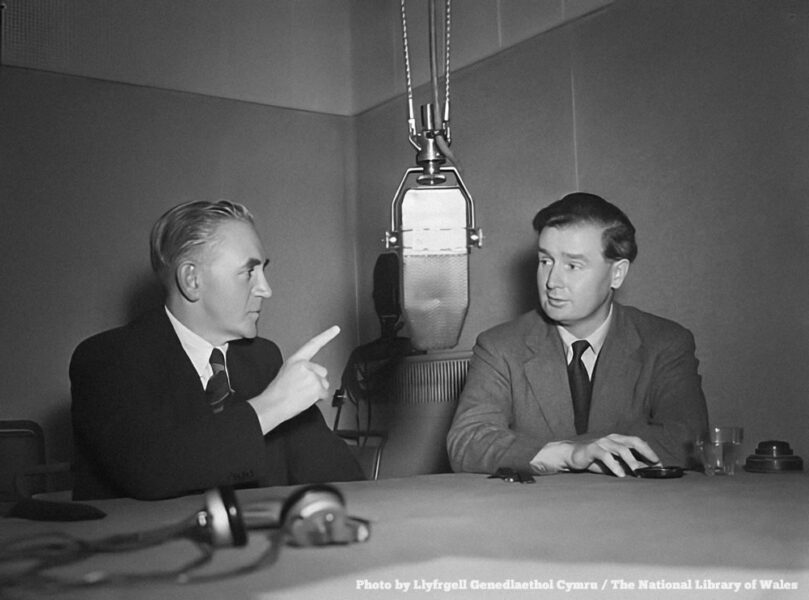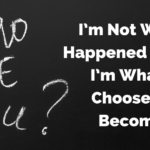
Do You Take the High or the Low Ground?
Jim Dethmer, founder of the Conscious Leadership group, wrote a good article on the difference between arguing above the line vs. below the line, i.e, arguing from the point of view of curiosity vs. needing to be right.
For many, the word “argue” signals conflict, but the dictionary offers other options: to reason, dispute, indicate, or discuss.
In any case, Dethmer’s particular “argument” about being above or below the line is a decent tap on the shoulder re how we listen and respond to others.
Toodles, for now…
Vicki
Arguing from Presence?
Someone asked me recently, “Can you argue from above the line?”
It depends.
What does it mean to argue?
The word itself simply means to:
- Give reasons for or against something
- Contend or disagree in words
- Provide evidence for
- Consider the pros and cons of
- Prove or try to prove by giving reasons
- Persuade by giving reasons
Of course, all of this can, does and should occur when one is in a non-reactive state (above the line). This is important to say because some people falsely believe that to be a conscious, awake leader is to be so enlightened that one doesn’t have opinions, beliefs or positions, that a conscious leader doesn’t try to persuade others of the value of their opinion.
(…)
Arguing from Curiosity vs Wanting to be Right
One distinction is that conscious leaders hold their positions lightly, with curiosity and a genuine desire to learn. Unconscious leaders hold tightly to their ways of seeing an issue and the world. They are invested in being right and often rooted in righteousness. This distinction can feel like a fine line between holding a position with curiosity versus wanting to be right. Here are a few tips to help you distinguish if you’re curious or want to be right:
- Know your activation signature.
One key to growing in consciousness is learning what activation looks like in you. When you’re activated, what’s happening in your body? Is it tight, hot, do you lean forward, do you take on any particular posture? What happens to your voice? Does it speed up, slow down, get louder, softer? What feelings reliably show up when you’re activated? What do those feelings feel like to you? Knowing your activation signature will help you to know if you’re above or below the line. - Know what curiosity and righteousness feel like for you.
Think of an issue (pick a small one at first) where you have a position, beliefs, wants, desires, perspectives where you’re certain that you want to learn, grow and explore; i.e. you’re open. Imagine having a discussion about this issue from this posture. What would it be like for you? Now, contrast this to a position you hold where you’re certain you’re right and anyone who doesn’t agree is wrong. Feel what it’s like to have the discussion from this stance. - Pay attention to the quality of your listening.
Are you listening to genuinely understand the other’s point of view, or to simply rebut their arguments? Are you listening to see what you can learn? Are you listening to find how the other position is true rather than simply what is wrong with it? - Notice how those around you are responding.
If you’re being with the argument from curiosity and openness, you’ll usually see that others tend to be open too. If you’re invested in arguing from below the line you’ll often see that others are defensive, closed and wanting to be right. In other words, they are matching your energy. - Ask yourself: “Would I rather be right or learn?
… or be close, … or step into the discomfort of the unknown beyond my certainty?” If you’re self-aware and answer this honestly you’ll know if you’re arguing from below or above the line.
According to the definition above, conscious leaders argue, they simply do so with openness and curiosity. But the definition is not everything most people mean when they argue. When your friend says, “I just had an argument with my boss,” they’re not only pointing out that they had a conversation filled with reasons, evidence, positions and persuasion. They usually mean that something else was going on as well. In addition to all the light of good reasoning there was also the heat of emotion which has led to a momentary, if not lasting, disruption of the relationship.
The deeper question to ask is…
Can you have an argument from above the line that includes emotion and disruption?






























